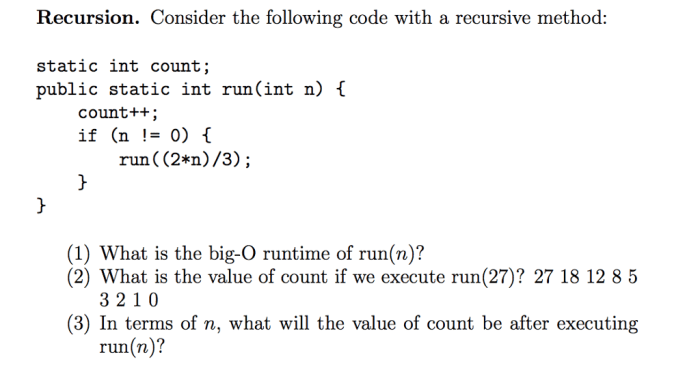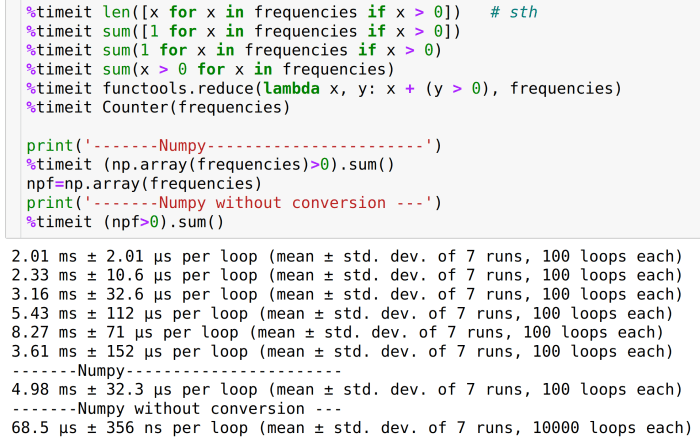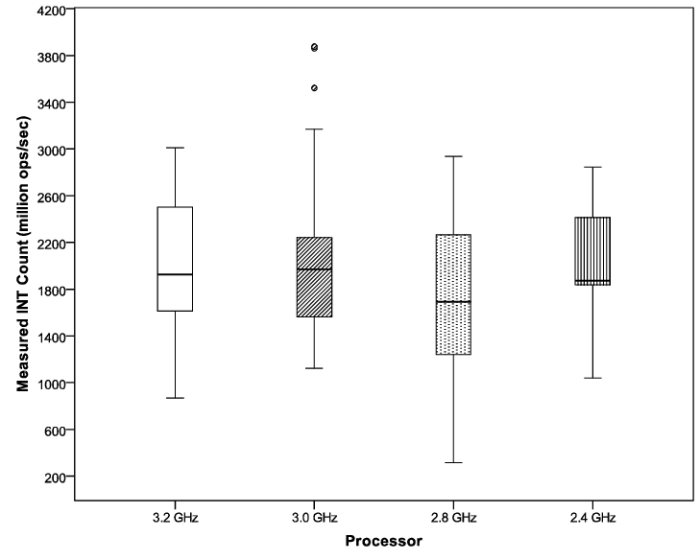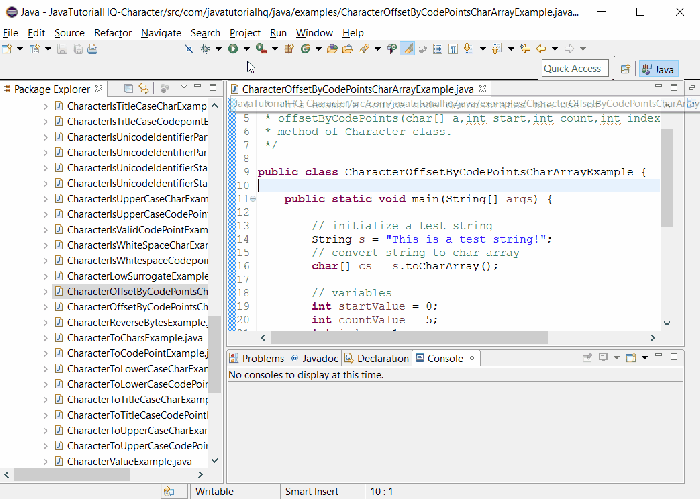Write a statement that declares an int variable named count. – In the realm of programming, declaring variables is a fundamental task that lays the groundwork for storing and manipulating data. This guide delves into the intricacies of declaring an int variable named count, providing a comprehensive overview of its syntax, naming conventions, scope, data types, initialization, usage, and best practices.
Delving into the depths of variable declaration, we uncover the essential elements that define an int variable, ensuring a thorough understanding of its purpose and functionality.
Int Variables in Programming: Write A Statement That Declares An Int Variable Named Count.

Int variables are widely used in programming to represent integer values. Understanding their declaration, naming conventions, scope, and usage is crucial for effective programming.
Declaration Syntax
The syntax for declaring an int variable named count varies across programming languages:
- C++:int count;
- Java:int count;
- Python:count = 0
Valid declarations assign a meaningful name to the variable, while invalid declarations may use reserved s or incorrect syntax.
Variable Naming Conventions
It’s essential to follow naming conventions to enhance code readability and maintainability.
- Use descriptive and meaningful names that reflect the variable’s purpose.
- Avoid using generic names like “x” or “y”.
- Use camelCase or snake_case for multi-word names.
Scope and Lifetime
Variable scope defines the accessibility of a variable within a program.
- Local variables:Declared within a specific block or function, accessible only within that scope.
- Global variables:Declared outside any function, accessible throughout the program.
Data Types and Casting, Write a statement that declares an int variable named count.
Int variables have specific data types, determining their size and range of values.
- Common data types:int8, int16, int32, int64
- Data type casting:Converting between different data types, such as int to float.
Initialization
Variables should be initialized with appropriate values to prevent undefined behavior.
- Explicit initialization:Assigning a specific value during declaration.
- Implicit initialization:Some languages initialize variables with default values (e.g., 0 for int).
Usage and Applications
Int variables are used extensively in programming:
- Counting:Keeping track of iterations, occurrences, or elements.
- Storing numeric values:Representing integers, such as ages, scores, or inventory levels.
- Calculations:Performing mathematical operations on integer values.
Best Practices
To optimize code and avoid pitfalls:
- Use appropriate data types based on the range of values expected.
- Initialize variables to avoid undefined behavior.
- Follow naming conventions for clarity and readability.
Detailed FAQs
What is the syntax for declaring an int variable named count in C++?
int count;
Why is it important to follow naming conventions for variables?
Consistent naming conventions enhance code readability, maintainability, and collaboration.
What is the difference between local and global variable scope?
Local variables are accessible within a specific block of code, while global variables are accessible throughout the program.
How can I initialize an int variable with a specific value?
int count = 10;


